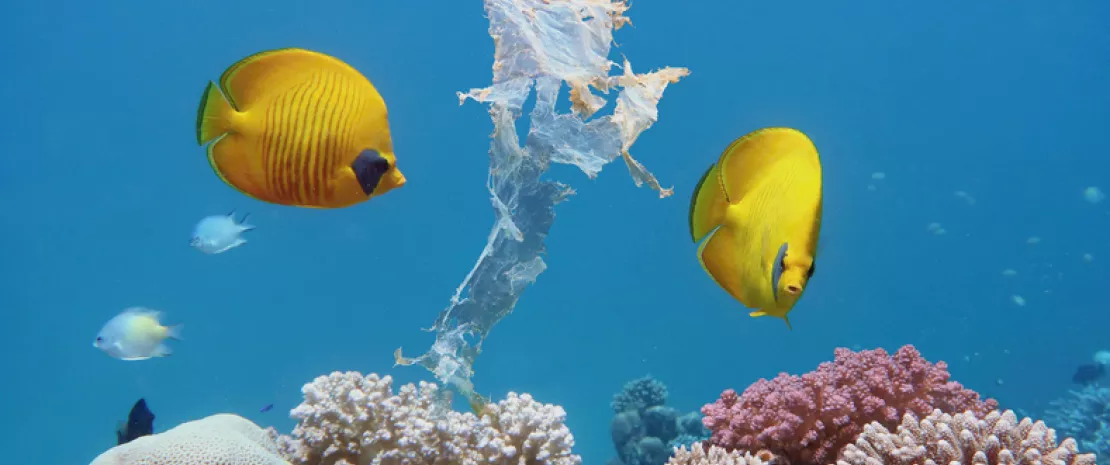About one third of the world’s annual plastic production ends up as land or marine pollutants, i.e. more than 100 million tons. Among this waste, plastic microparticles derived from cosmetics, petrochemical and clothing industries are a serious environmental issue. Smaller than 5 mm, they avoid filtration systems and are released into aquatic environments where it takes several centuries to break them down because of high salinity and low temperatures. As a result, they are colonized by all sorts of bacteria (sometimes toxic), before ending up in the stomach of sea organisms who are fooled by this false meal opportunity.
Singaporean coasts have been closely examined
Several studies have been carried out throughout the world to identify the nature of microorganisms proliferating on the surface of microplastics. What about Singapore? Do the waste polluting the most frequented beach waters have the same bacterial profile as that of immaculate beaches very rarely trampled by people? Two researchers for the University of Singapore decided to investigate. Fragments, fibers, foams, granulates, plastic films...: between April and July 2018, they collected and analyzed a total of 275 microplastic samples from three different beaches with different touristic affluence.
Human activity to blame
Not surprisingly, the more frequented the beach, the more polluted it was. But the nature of microplastics as well as that of bacterial species covering them were significantly different in each beach. This observation confirmed the impact of human activities on this pollution, also modulated by winds and tides. Good news: the ecosystem adapts to pollutants by promoting the development of bacterial species that are able to break them down. Bad news: it also allows for the emergence of pathogens, responsible for wound infections or gastrointestinal diseases. By inadvertently ingesting these microplastics, marine organisms could also trigger the accumulation and subsequent transfer of pathogenic agents into the food chain. The authors conclude that these two findings will have to be taken into account to meet the ecological and sanitary challenges caused by plastic pollution.
















